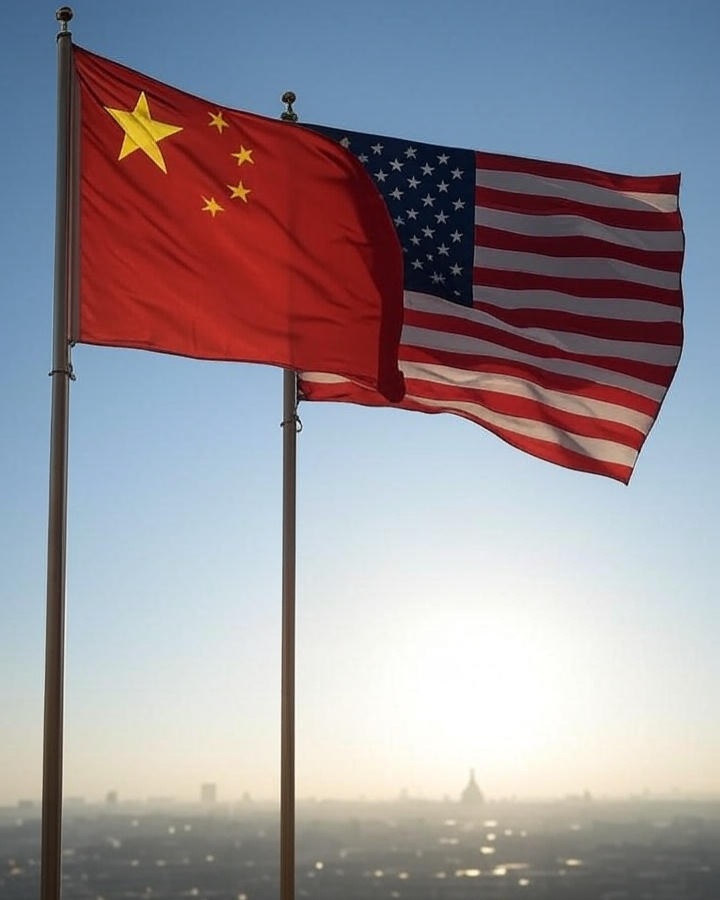The recent shift in US policy allowing NVIDIA to potentially resume sales of its H20 chips to China has stirred sharp debate in Washington. 
While NVIDIA frames the move as a strategic return to a major market, not everyone in the capital is convinced it’s a smart play.
After having written off billions in inventory following strict export controls earlier this year, NVIDIA now says it’s optimistic about re-entering the Chinese market. The company’s latest blog post revealed it is applying for US government approval to ship its China-specific H20 chips again, citing assurances that authorizations will be granted promptly.
This sudden change has raised eyebrows. Congressman John Moolenar, who chairs the House Select Committee on the Chinese Communist Party, expressed concern about the decision. He stated, “The H20 is a powerful chip that played a key role in the growth of Chinese AI firms like DeepSeek. We must ensure American innovation isn’t strengthening our rivals.”
Indeed, the H20’s advanced capabilities are no secret. Designed to deliver high-performance AI compute, the chip has become a crucial component for Chinese firms eager to leap ahead in the AI arms race. Meanwhile, Chinese competitors like Huawei have been ramping up their own AI GPU efforts, notably with the Ascend 910C, which rivals NVIDIA’s H100 in raw performance.
Adding a twist to the narrative, White House AI and crypto advisor David Sacks defended the loosening of restrictions. He hinted that the H20 deal was part of broader US-China trade negotiations, positioning the chip as a counterweight to Huawei’s growing capabilities. According to Sacks, supplying H20 to China could help influence the region’s tech landscape while still maintaining American leverage.
Still, the optics of a powerful AI chip returning to Chinese hands-especially one that was previously restricted for national security reasons-has ignited criticism. Sacks, once a prominent Silicon Valley investor, now finds himself in the political spotlight, with detractors questioning both his authority and the wisdom of his guidance.
The H20 chip saga reflects the wider geopolitical tug-of-war between global commerce and national security. While the White House sees room for calculated risk, lawmakers like Moolenar aren’t ready to compromise on AI leadership. Whether NVIDIA’s gambit pays off-or backfires-remains to be seen.